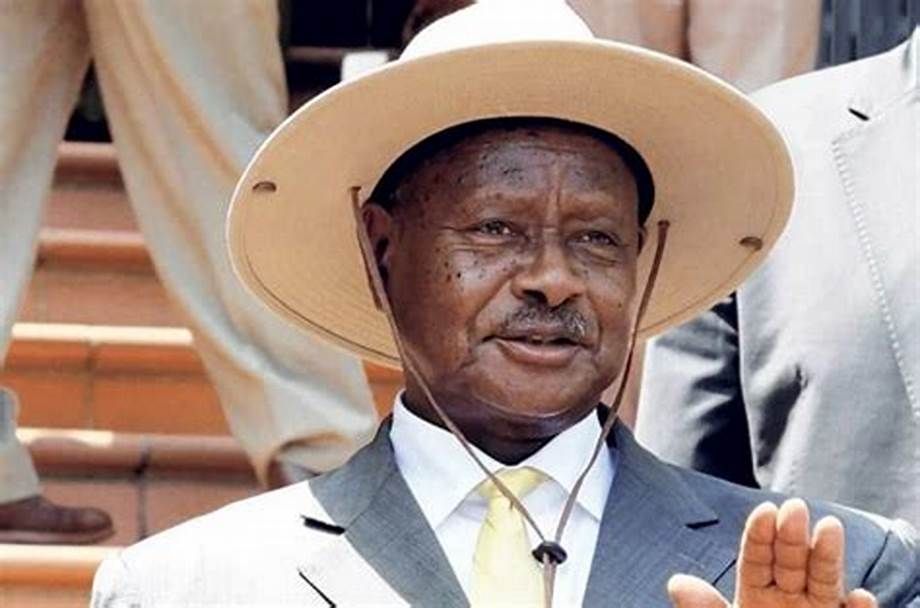
African leaders staying in power beyond their constitutional mandates is a persistent issue that has sparked debates and raised concerns about democratic governance on the continent. Several factors contribute to this phenomenon:
1. Consolidation of Power: Over time, some African leaders have consolidated power within their own circles, often comprising loyalists and supporters. Stepping down would mean relinquishing this power, which they may be reluctant to do.
2. Fear of Prosecution: Some leaders who have been in power for an extended period may fear prosecution for alleged corruption or human rights abuses if they step down. Remaining in power can provide them with a level of protection from legal action.
3. Lack of Institutional Development: In many African countries, institutions that ensure a smooth transition of power are weak or underdeveloped. This can create uncertainty and instability, making leaders reluctant to step down for fear of what may follow.
4. Influence of Advisors and Supporters: Advisors and supporters of long-serving leaders often have a vested interest in maintaining the status quo. They may encourage the leader to stay in power, believing that it is in their best interest or the interest of the country.
5. Perception of Personal Legacy: Some leaders may believe that staying in power is essential for securing their legacy. They may view themselves as indispensable to their country's development and believe that stepping down would be detrimental to their achievements.
6. Limited Opportunities Post-Presidency: In some cases, leaders may see few opportunities for a meaningful or secure life after leaving office. This can lead them to cling to power, fearing the uncertainty of life outside the presidency.
7. Historical Precedents: In some countries, there are historical precedents of leaders staying in power for extended periods. This can create a norm or expectation that leaders should remain in office beyond their constitutional mandates.
Despite these challenges, there have been instances where African leaders have voluntarily stepped down after their presidential terms ended, setting positive examples for democratic transitions on the continent. However, addressing the root causes of leaders' reluctance to step down requires comprehensive reforms that strengthen democratic institutions, promote the rule of law, and ensure accountability.